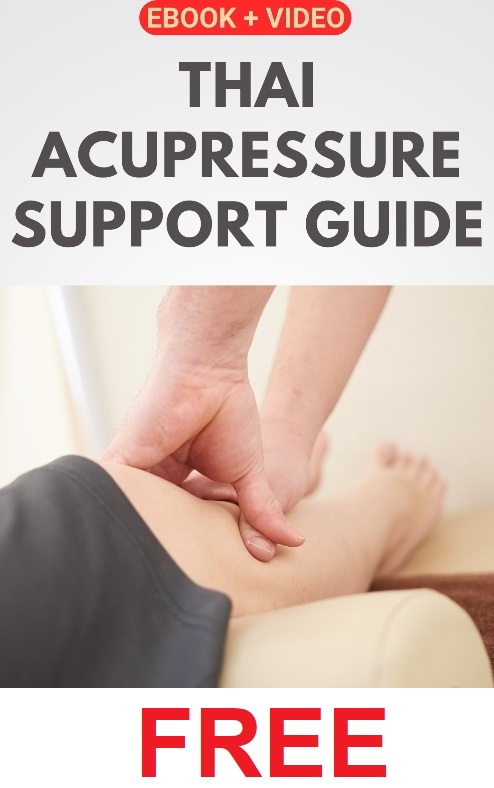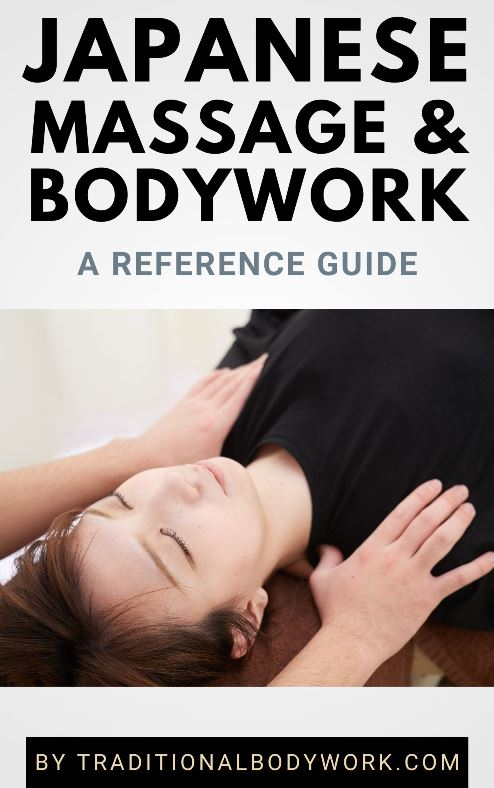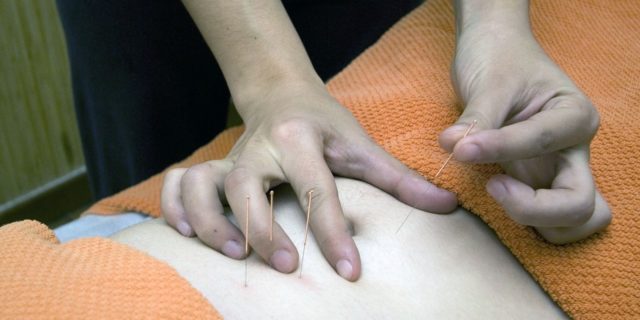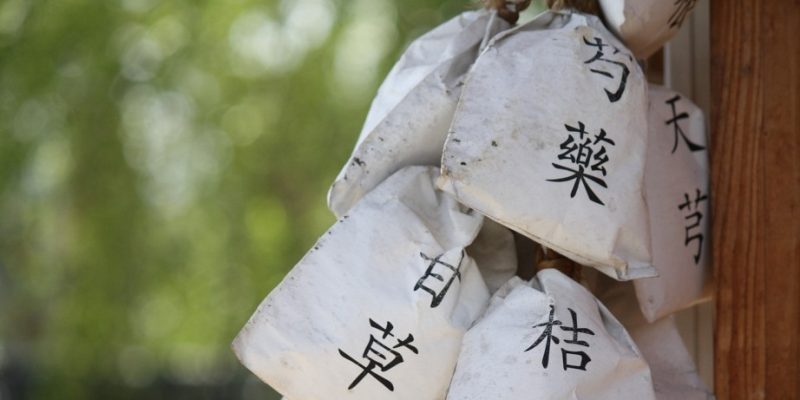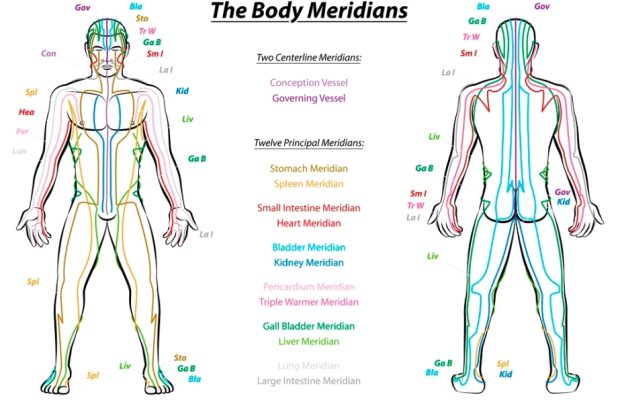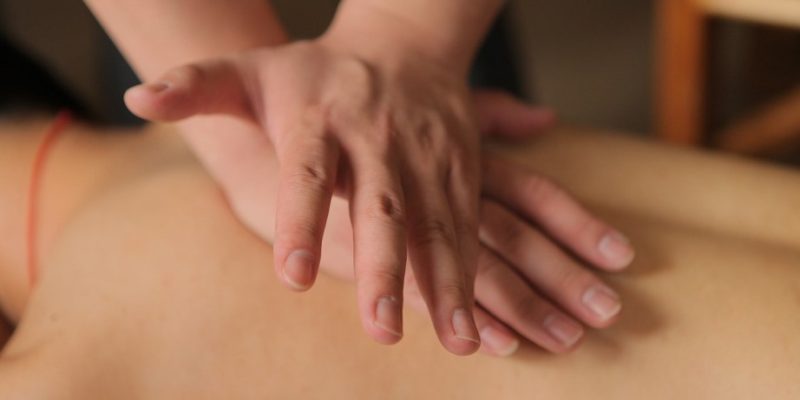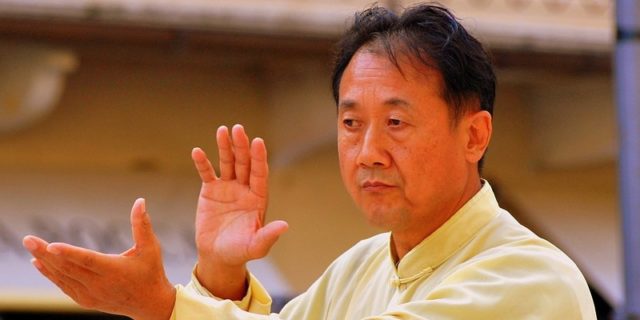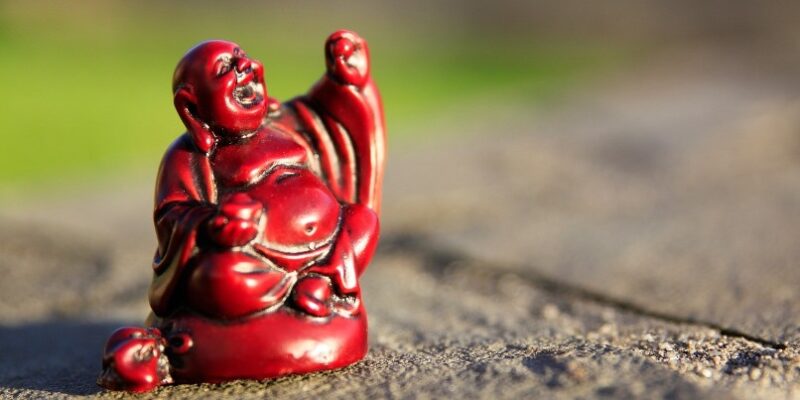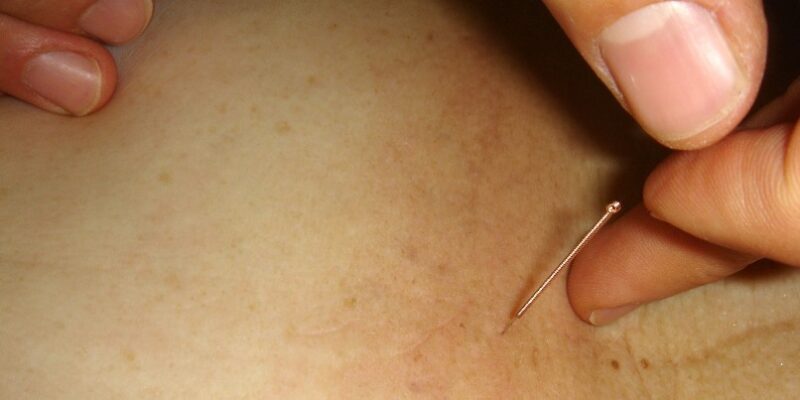
One of the core concepts of Traditional Chinese Medicine (TCM) is its holistic approach. It means that, in case of disease TCM doesn’t only look at the actual health complaints (the symptoms) but also takes into account that the “real” issue can have a totally other cause (or causes) than the symptoms may let us believe.
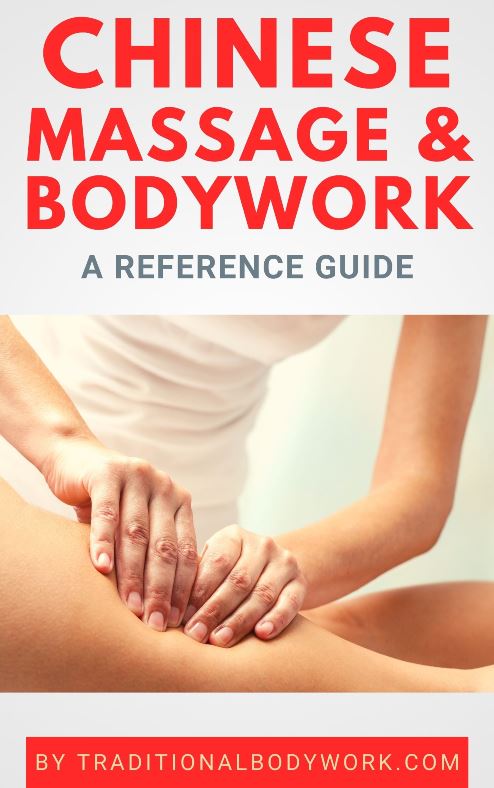
It also means that a human being is considered a multi-faceted unity of body, soul, mind, energy and emotion, and changes in one of these constituents influence all other interrelated parts.
In TCM, many aspects are taken into account: the environment, the season, climate, geography, social life, astrology, Yin-Yang balance, excesses and deficiencies, and the Five Elements, to name just a few of the relevant topics.
A physical ailment, discomfort, or disease is therefore seen as imbalance of the interconnected parts. To cure disease and restore health, the cause of this imbalance must be addressed, and body and mind brought back in balance with certain treatments, exercises, or attitudes.
To find out what imbalances are causing health issues, TCM therapist will extensively observe, ask, listen and touch/feel to try to find out the origin of the complaints. Assessment is of key importance to come to proper TCM diagnosis.
In TCM, it’s believed that the external conditions reflect the internal conditions, thus analyzing external signs and appearance will help in assessing what’s wrong internally in the body.
Another essential holistic element of TCM is the connection made between the state i.e. health of body parts (like the internal organs, joints or skin, etc.) and emotional i.e. mental and psychological health issues. It’s what we nowadays call psychosomatic diagnosis, meaning assessing disease or discomforts as a function of both mind and body.
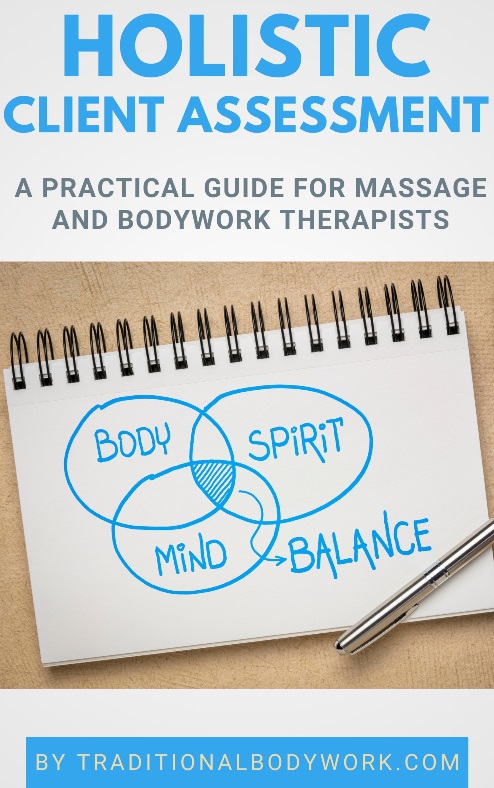
For instance, health problems with the liver are seen as a sign of unresolved anger issues. In this case, especially when a person suppresses anger (and subsequently has occasional violent outbursts of anger) it’s thought that the liver can become inflamed or overly hard with, of course, the subsequent health problems attached to that.
Another example is the lungs which are thought to be connected to grief, suffering, or suppressed disappointments, among other things. Physical health issues with the lungs can express themselves in excessive coughing, breathing problems, breathlessness, bronchitis, and asthma.
But also the way we talk, walk, and stand are believed to express certain dispositions of a person. Standing with the legs apart or close together, or crossing the arms in front of the chest while talking, to name some examples, can tell much about a person.
For a TCM therapist, body language is an indicator to observe and interpret, by that being better able to support clients in healing processes, or simply being able to ask the right questions to come to the focal point of health issues and the appropriate treatment.


